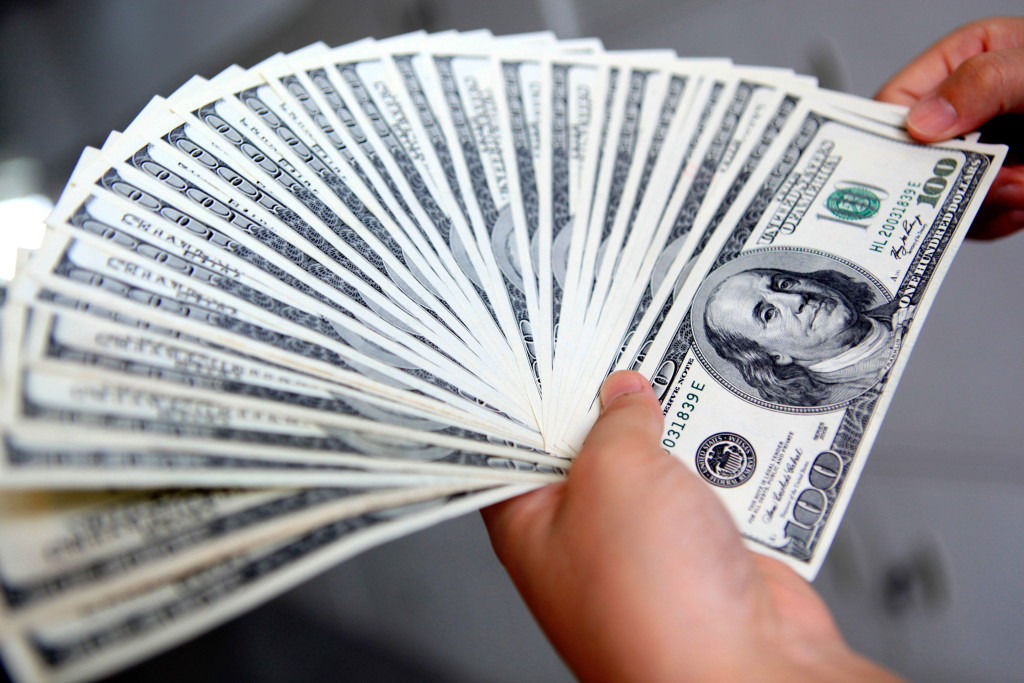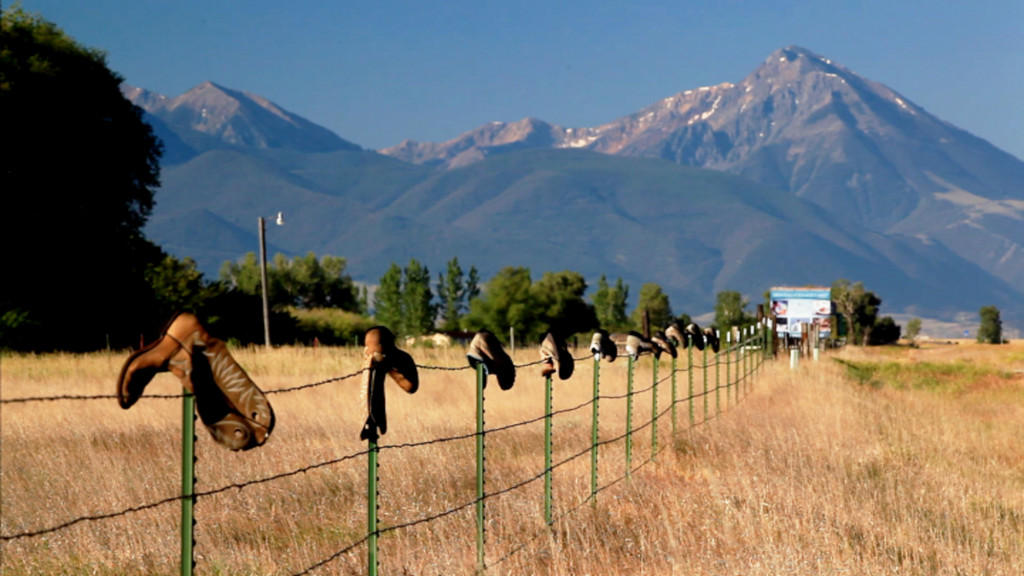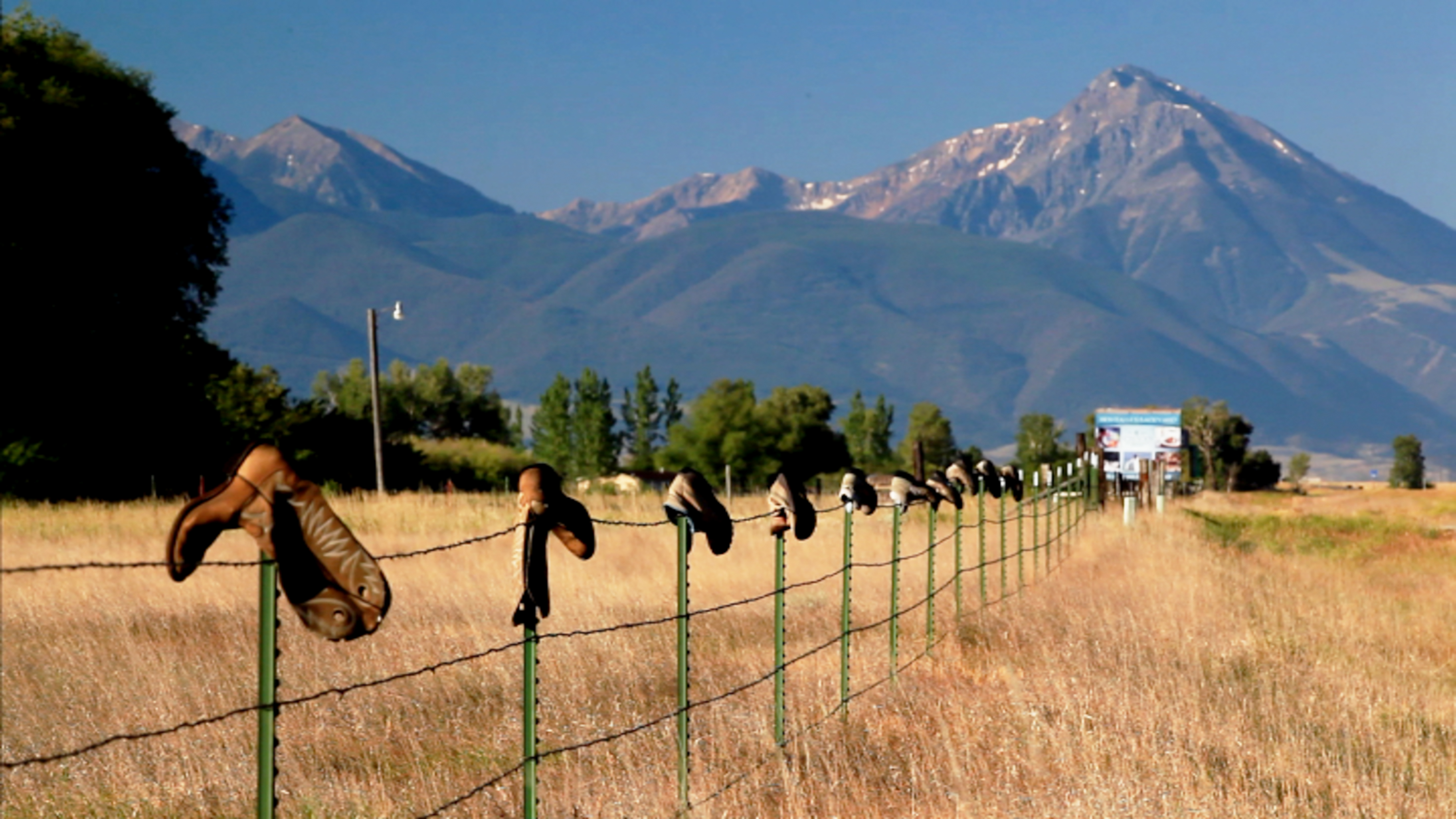Will the Supreme Court Lift Political Contribution Limits?

February 26, 2013
Share
Alabama businessman and conservative activist Shaun McCutcheon donated $33,088 to 16 candidates during the 2012 election cycle, but he wanted to give much more.
Had he not hit Federal Election Commission (FEC) campaign contribution limits, McCutcheon said he would have given money to a dozen more candidates and an additional $25,000 to three Republican Party political committees. Did the FEC’s rules violate his First Amendment rights? McCutcheon thought so, and took his case to a lawyer, who in turn, reached out to prominent conservative lawyer James Bopp, Jr.
“As it turned out, I already represented the Republican National Committee, and it was their plan to challenge this limit,” said Bopp, who is the intellectual architect behind the landmark 2010 Citizens United case. “So we joined up together.”
Last week, both McCutcheon and the RNC got some good news when the Supreme Court announced it would hear their case next term.
Under current FEC restrictions, an individual is restricted to spending a total of $123,200 over two years — a maximum of $48,600 to federal candidates and $74,600 to political parties and some PACs.
McCutcheon v. Federal Election Commission does not challenge the contribution limits an individual can give to a federal candidate ($2,600), a national party committee ($32,400) or a PAC ($5,000) each election cycle. It instead argues the biennial aggregate limits violate the First Amendment.
Experts say McCutcheon could be the court’s most important campaign finance case since Citizens United, which allowed corporations and unions to spend unlimited amounts of money in campaigns through independent outside groups. If the court finds the two-year aggregate limits unconstitutional, the decision would likely challenge the 1976 Buckley v. Valeo case, which determined that political contributions could be more stringently regulated than political spending because of their potential for corruption.
Legal experts say that a decision favoring McCutcheon could have other indirect impacts.
“Generally speaking, the court has applied a generally loose standard of review and has almost always has upheld contribution limits, contrasted with spending limits,” explained Rick Hasen, a campaign finance expert and law professor at the University of California, Irvine. “But if the court changes the standard of review to a stricter review for contribution limits, it could have a ripple effect and ultimately threaten the constitutionality of other limits, like the $2,600 individual limit.”
Campaign finance reform advocates warn that such a ruling would corrupt the political process. “The aggregate limit prevents a wealthy individual from making a contribution to every single member of Congress, which impacts their ability to access and influence members of Congress,” argued Derek Cressman, the vice president for state operations at the reform group Common Cause.
But Bopp, who is the plaintiffs’ lead counsel, says that lifting the limits will only make the system more transparent and accountable. “Limiting what political candidates and parties can receive from individuals means that substantial funds go to SuperPACs and advocacy groups instead, which cannot be held accountable by voters, distorting the system by making it less transparent and accountable,” he told FRONTLINE.
“Voters can’t vote against SuperPACs and advocacy groups they believe are distorting the system, but they can vote against a candidate,” he added.
Hasen said it’s “fairly likely” that the court will strike down the aggregate limit. “The lower court relied on earlier Supreme Court cases, so if the majority of the court was satisfied with that, it would have been less likely to take the case,” he explained. “There has been a march toward deregulation ever since Justice [Sandra Day] O’Connor left the court and was replaced by Samuel Alito. There are five justices who are very skeptical of these [campaign finance] laws on First Amendment grounds.”
If the court rules in favor of lifting the limits, campaign finance reform advocates like Cressman are determined to take their fight outside the court. “It’s only going to further fuel the sentiment in this country that we need to put our energies into an amendment that takes this issue out of the courts,” he said.
Related Documentaries
Latest Documentaries
Related Stories
Related Stories
Explore
Policies
Teacher Center
Funding for FRONTLINE is provided through the support of PBS viewers and by the Corporation for Public Broadcasting, with major support from Ford Foundation. Additional funding is provided the Abrams Foundation, Park Foundation, John D. and Catherine T. MacArthur Foundation, Heising-Simons Foundation, and the FRONTLINE Trust, with major support from Jon and Jo Ann Hagler on behalf of the Jon L. Hagler Foundation, and additional support from Koo and Patricia Yuen. FRONTLINE is a registered trademark of WGBH Educational Foundation. Web Site Copyright ©1995-2025 WGBH Educational Foundation. PBS is a 501(c)(3) not-for-profit organization.





















